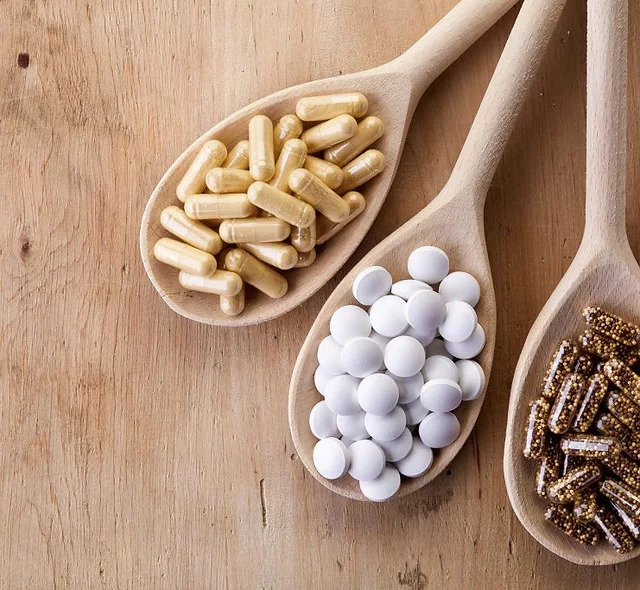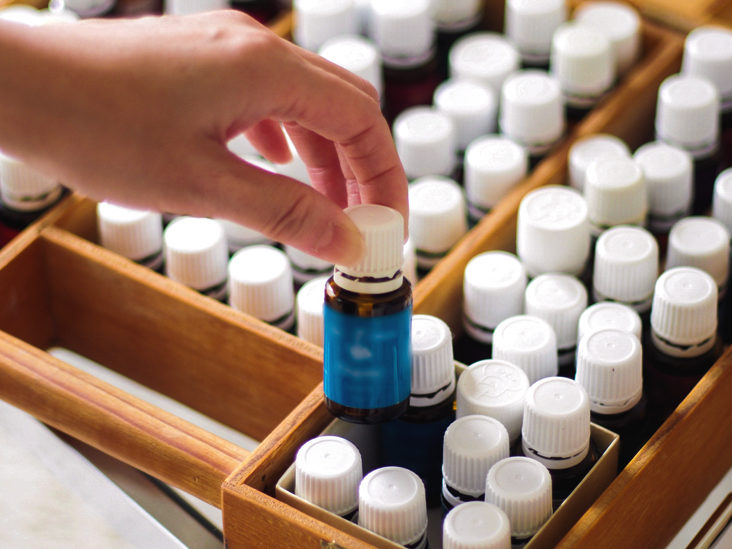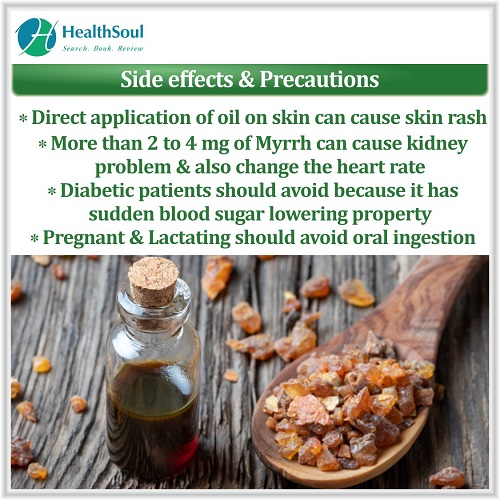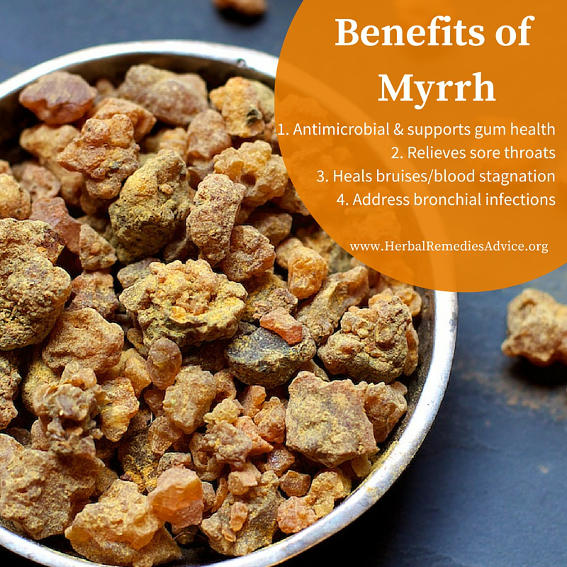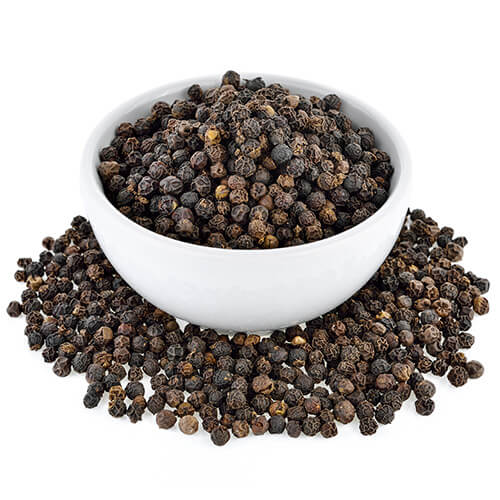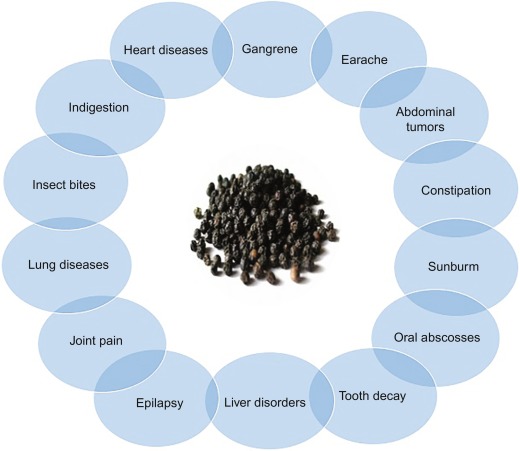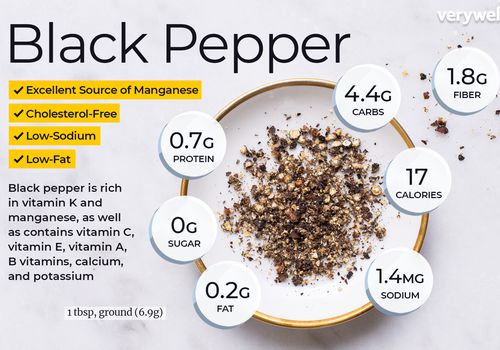Treat sore throat, skin wound, and nausea with Bayberry.
Bayberry
What is Bayberry and its use?

Bayberry(Myrica cerifera/Myrica rubra), is any kind of small tree and shrub that belongs to the bayberry plant family called Myricaceae. It is a small family of shrubs and small trees in the fagales order. There are 3 genera in this family while many species of myrica has been separated as the fourth venus Morella by botanists. Bayberry is a shrub usually found in Texas and Eastern US.
This evergreen shrub is known for its small, bluish-white berries. The parts of the plant include roots, fruits, bark, leaves, etc. The difference in geographical area and method of harvesting bayberry could result in different constituents available in the extract. There are several common name for bayberry such as:
- Candleberry
- Red bayberry
- Yang-mei
- Wax myrtle plant
- Chinese bayberry
- Waxberry
Bayberry is mainly known for its berries that are useful for wax production, to make fragrant wax candles. Bayberries are generally safe and can be eaten directly or as a lendable juice.
Apart from its edible uses, the roots and berries are used to make medicines. Although there are not enough scientific evidences to supports these claims, bayberry is used to treat a number of medical conditions in a human body such as:
- colitis
- nausea
- head colds
- diarrhea
- circulatory system
- sore throat
- vaginal discharge
- skin ulcers and wounds
Benefits of using Bayberry
In addition to its several features associated with flavoring and aromatic properties in a number of dishes, bayberry consist of several essential health benefits that provides enough evidence for its wide medical application in a human body when taken in its any form that includes:
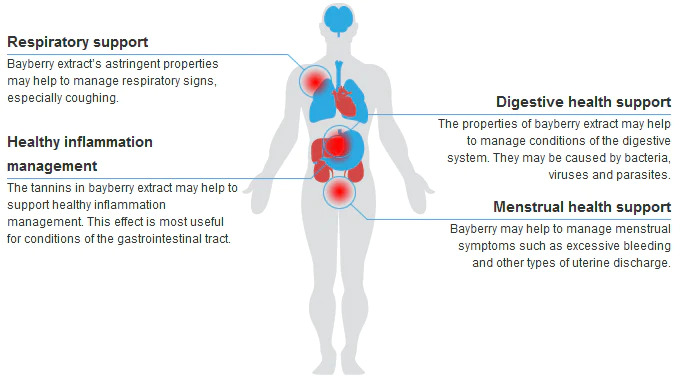
- Healthy management of inflammation
- Digestive health support
- menstrual heath support
- manage respiratory problems
- antibacterial properties
- treats chronic gastritis
- antiparasitic properties
- relieves sinus
- treats skin infections
- treat urinary tract infections
- might helps against throat disorder
- stops hair fall
There might be several other benefits of bayberry apart from those mentioned above. Also, these benefits are obtained due to several residing vitamins and minerals extracted by human body from this substance such as:
- Vitamin A
- Vitamin C
- Folate
- Carotene
- Thiamine
- Vitamin E
- Riboflavin
Bayberry Supplement
Bayberry supplements are herbal medicines that are generally used to obtain several beneficial medical properties of natural Bayberry. In addition to this, there are several high potential healing composites that provide supportive or additional medical properties along with bayberry. These herbal supplements are available in different forms such as pills, soft capsules, oil, etc. The dosage is based on an individual’s age, medical condition, diet, and other circumstances. It is advisable to consult a doctor before consuming such a supplement to avoid any kind of complication with the body’s health in future.
Bayberry dose for Humans
Bayberry is not a kind of mineral content that a human body needs daily to perform certain tasks which could only be pulled out by it. The dosage is based on an individual’s age, medical condition, diet, and other circumstances. People generally consume Bayberry as a fruit or sometimes to treat several medical conditions or gain several medical properties.
There is no clinical evidence that specifically supports an appropriate amount of oral dosing of bayberry in a human body. It is Generally advisable to consult a doctor or a health professional and follow their prescription if you are taking an additional bayberry supplement for any reason. Generally, natural substances are considered safe but must be consumed under certain provisions as their safety is not assured.
Overview:
- Bayberry(Myrica cerifera\Myrica rubra), is any kind of small tree and shrub that belongs to the bayberry plant family called Myricaceae.
- This evergreen shrub is known for a number of different names and is useful to make several fragrant products such as wax candles.
- The roots and berries of this plant are mainly used to make medicine that could treat a number of medical conditions of a human body.
- Apart from its fragrant and edible applications, bayberry provides several essential medical benefits in a human body that is achieved due to several nutrients and minerals that reside within.
- The dosage of bayberry is based on an individual’s age, medical condition, diet, and other circumstances.
REFERENCES:
- https://fareisle.com/handmade-holiday-bayberry-candles/
- https://www.xtend-life.com/blogs/supplement-ingredients/bayberry
- https://www.freepik.com/free-photos-vectors/bayberry
- https://www.webmd.com/vitamins/ai/ingredientmono-162/bayberry
- https://www.medicinenet.com/bayberry/supplements-vitamins.htm#SideEffects
- https://www.verywellhealth.com/barberry-berberis-vulgaris-what-you-need-to-know-89546
- https://www.rxlist.com/bayberry/supplements.htm
- https://www.drugs.com/npc/bayberry.html
- https://www.britannica.com/plant/bayberry
For more details, kindly visit below.





